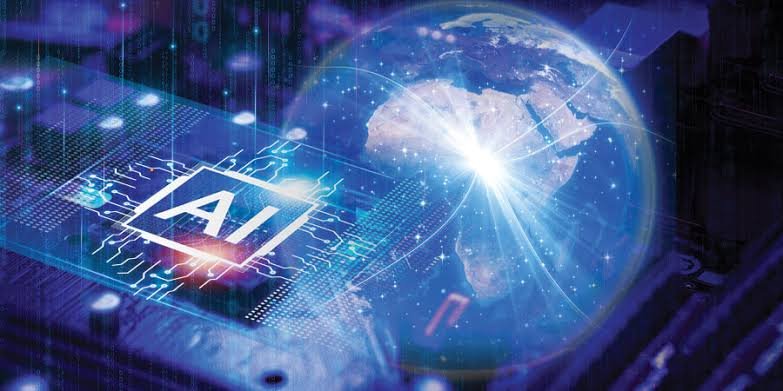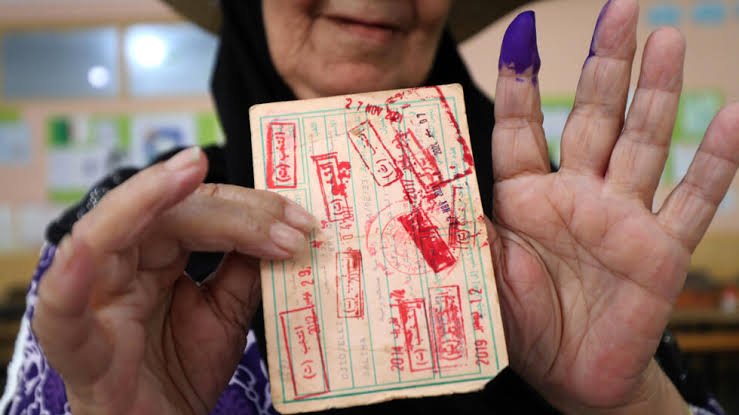Africa faces significant challenges in adopting artificial intelligence (AI) due to gaps in digital infrastructure. With an estimated 900 million people lacking internet access and a similar number without electricity, these barriers hinder the implementation of AI technologies across the continent.
In Buéa, southwest Cameroon, farmer Harisu Fanyui uses an AI-powered app on his mobile phone to monitor his maize crop. The app helps him quickly diagnose issues such as yellowing leaves and stunted stalks, allowing him to take corrective actions. Fanyui, a software engineer and co-founder of the Farmer Guide app, highlights the importance of AI in improving farm productivity by identifying crop diseases.
However, many farmers in neighboring towns cannot benefit from such technology due to poor internet connectivity and electrification. This issue is prevalent in remote areas, where infrastructure remains underdeveloped.
The lack of access to AI in these regions was a key topic at the International Government Communication Forum in Sharjah, United Arab Emirates. The forum discussed the role of AI in communication between governments and citizens and emphasized the need for improved infrastructure. According to experts, without stable internet, electricity, and modern devices, it is difficult to fully integrate AI into daily life.
As Africa continues to work on improving its infrastructure, the digital divide remains a significant barrier to AI adoption.



